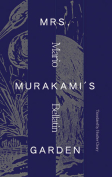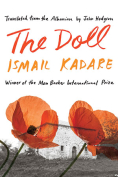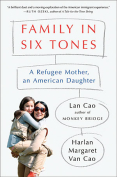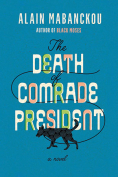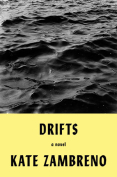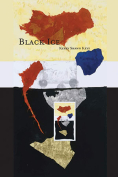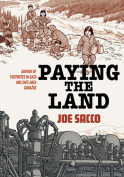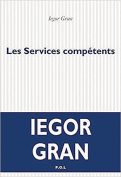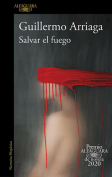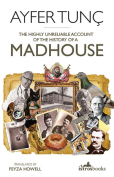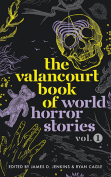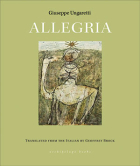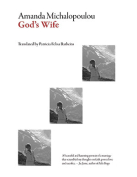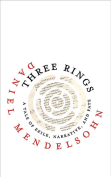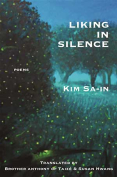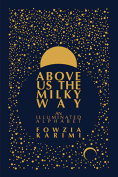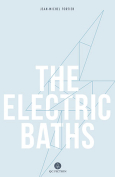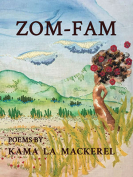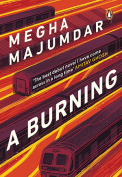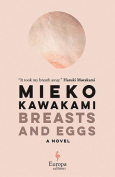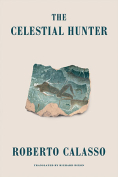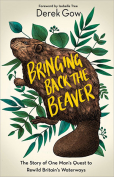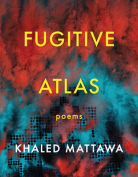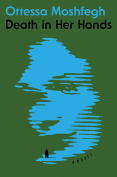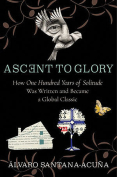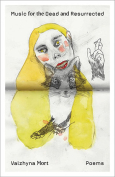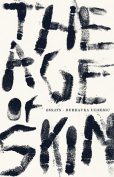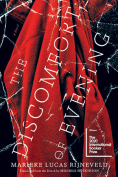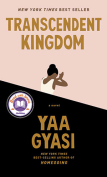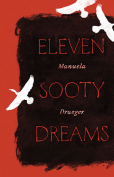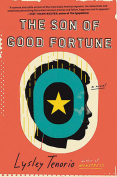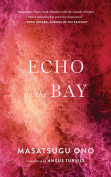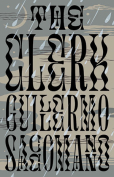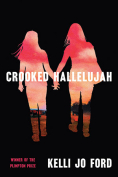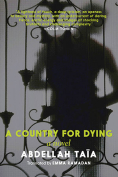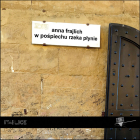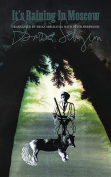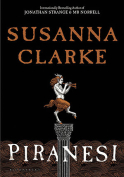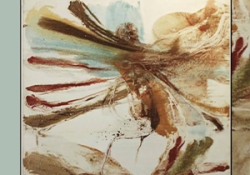Black Ice by Kerry Shawn Keys
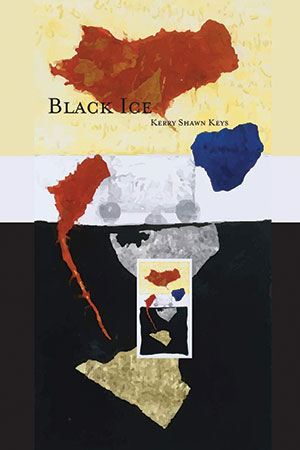 New York. Black Spruce Press. 2020. 80 pages.
New York. Black Spruce Press. 2020. 80 pages.
BLACK ICE IS A forceful confrontation with the elements, with the fates, with the self-deceptive possibilities of all human life. The work demystifies what we have so casually assumed, and the staggering images the poet employs make the demystification all the more intense. The poet’s free verse will not let readers rest easy: “It’s a quiet night. / A quiet night / to sit and listen / to the pain of the world,” even as “The sun sets / like some huge / carnivorous insect / going somewhere else to hunt.” Again, “Cicero is a raindrop. Babel a papermill . . . The body when it separates from the soul perishes / in a Heaven of sheep.”
The poet’s skillful use of language has devastating consequences for the assumptions upon which we commonly rely. He wounds our presuppositions, but for all its facility, an undeniable power, even beauty marks his precise usage. In his quest for existential clarity, the poet reminds us of “the blue, monotonous sky.” He acknowledges the “monster, Death” [that] drag[s] you and everything you love / like some hapless Hector / through a brutal and inconceivable dust.”
Reading Black Ice, one might be tempted to conclude the human experience may not be worth the effort, but the opposite case is equally strong. What is it worth to know the depth of our limitation and the height of our imagining? This volume of poetry seems to connect both polar extremes, bringing them full bore onto the stage of human consciousness. In this lyrical dramatization, entangled within these confrontations, readers find themselves torn between fearful vulnerability and imagined invincibility.
A more truthful conclusion, somewhere in the balance, is left for readers to contemplate, to navigate. Some irksome writers deconstruct all meaning out of our received experience, then blithely tell us to appreciate the beauty of the process. Unlike those, in Black Ice, Keys confronts mortality, with its meaningful possibilities and its meaningless absurdity, but respects his readers to draw conclusions. His lyrics, therefore, offer a satisfying artistic experience.
Ken Hada
East Central University


